Latest News
CHECK OUT SOME OF OUR NEWS
-
Hello world!
Welcome to WordPress. This is your first post. Edit or delete it, then start writing!



Designing fluorescent chemosensors, chemodosimeters, quantum dots, and metal-organic frameworks is a cutting-edge field in materials science and nanotechnology.
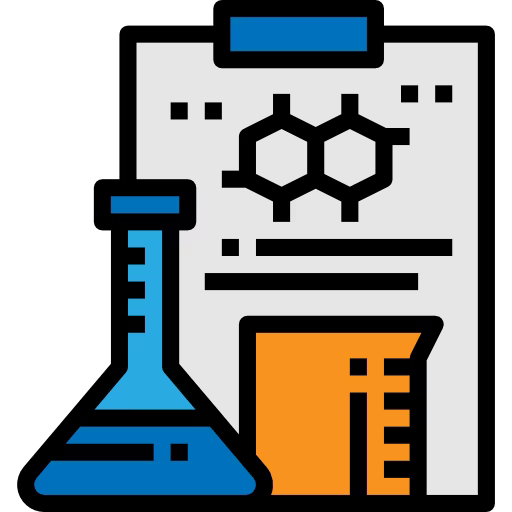
An easy, cost-effective synthesis procedure with readily available materials minimizes costs and time. Optimization of reaction conditions and simple methodologies shorten the synthesis process. Portable analytical devices enable on-site analysis, saving resources.
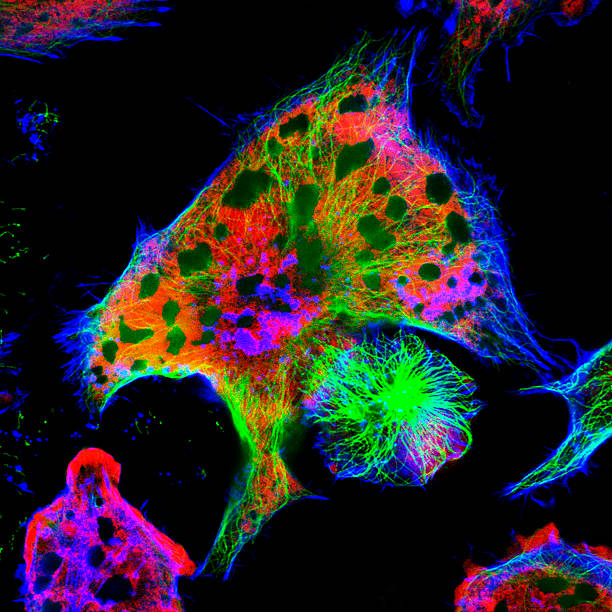
These advanced materials provide heightened sensitivity and precision, enabling diverse applications in bioimaging, sensing, drug delivery, and gas storage. The potential impact of these developments is far-reaching, with potential transformations in environmental monitoring, healthcare, and energy industries, ushering in a safer and technologically advanced era.

Organic synthesis of fluorophores involves intricate chemical reactions that create fluorescent molecules capable of emitting vibrant light when exposed to specific wavelengths, enabling their application in diverse fields like bioimaging and sensor technology. This meticulous process allows scientists to tailor fluorophores with unique properties, enhancing their efficiency and versatility in various scientific and industrial applications.

Molecular recognition explores the specific interactions between molecules, where complementary shapes, charges, and functional groups enable them to bind selectively, a fundamental concept in biological processes and drug design. Supramolecular chemistry delves into the study of non-covalent interactions, leading to the assembly of complex and functional structures, holding promise for designing advanced materials, nanotechnology, and drug delivery systems.

The chemosensors and nanosensors play a vital role in the recognition of toxic and hazardous elements present in various aspects of life, such as food, industry, agriculture, and the environment. These techniques enable the detection and quantification of harmful substances, allowing for timely intervention and mitigation measures. By employing advanced chemical sensors and dosimeters, researchers can contribute to ensuring safer and healthier living conditions for both humans and the ecosystem.
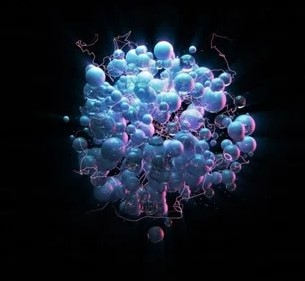
The synthesis of Q-dots and their applications in drug delivery systems hold immense potential in the field of nanomedicine. Quantum dots (Q-dots) are nanoscale semiconductor materials with unique optical properties. Through innovative synthesis methods, researchers can engineer Q-dots to carry drugs and therapeutic agents, offering targeted and controlled drug delivery. This technology has the potential to revolutionize medical treatments, enhancing drug efficacy and reducing side effects, ultimately leading to improved patient outcomes.
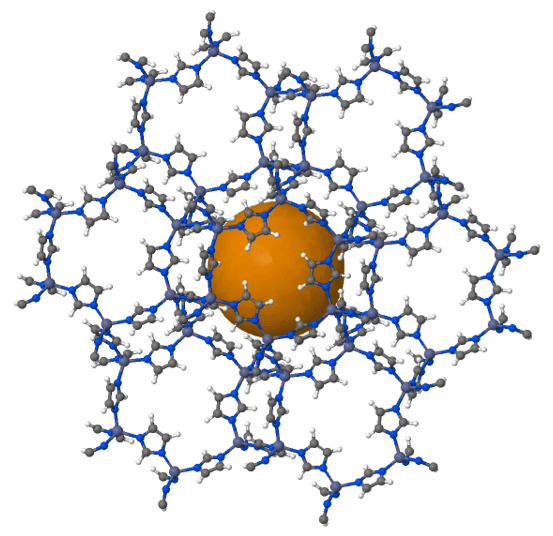
The preparation of Metal-Organic Frameworks (MOFs) for the detection of environmental toxicants is a promising avenue of research. MOFs, with their high surface area and tunable properties, offer excellent potential as sensing materials. By designing MOFs with specific binding sites, researchers can create highly sensitive and selective sensors capable of detecting various environmental toxicants. This technology could significantly contribute to environmental monitoring and safeguarding public health from hazardous pollutants.

Structure elucidation of novel antibiotics is crucial in pharmaceutical sciences. With antibiotic-resistant bacteria posing a global health threat, discovering new antibiotics is paramount. Advanced techniques like NMR spectroscopy and mass spectrometry identify their chemical structures, offering insights into their mechanisms and paving the way for targeted antimicrobial therapies, aiding in the fight against resistance and infectious diseases.

Dr. Prithidipa Sahoo is a highly accomplished academician and researcher in the field of Chemistry, with a passion for Organic Chemistry. She holds an impressive educational background, starting with a B.Sc. (Honours) in Chemistry from Vidyasagar University in 2001. She further pursued her academic journey and obtained an M.Sc. in Chemistry with a specialization in Organic Chemistry from Vidyasagar University in 2003.
Dr. Sahoo’s quest for knowledge led her to pursue a Ph.D. in Science under the esteemed guidance of Professor Shyamaprosad Goswami and Prof Ajit K Mahapatra at IIEST, Shibpur, which she successfully completed in 2010. Her dedication to research and academic excellence extended beyond her doctoral studies, as she pursued a Post-doctoral research with Professor Ralf Waumuth at Rutgers University, USA, from 2010 to 2012.
With her impressive academic qualifications and rich research experience, Dr. Sahoo ventured into the world of teaching. Since December 2012, she has been serving as an Assistant Professor at Visva-Bharati, Shantiniketan, where she continues to inspire and mentor the next generation of budding chemists. Her expertise and dedication have also been recognized on an international level when she served as a Lecturer at the Department of Chemistry and Chemical Biology at Rutgers University, NJ, USA, from October 2011 to July 2012.
Dr. Sahoo’s passion for Chemistry, her commitment to research, and her excellence in teaching make her a revered figure in the academic community. Her contributions to the field have undoubtedly enriched the scientific landscape and inspired countless students and fellow researchers to strive for excellence in Chemistry.
We are organic chemists specialising in the realm of molecular recognition and supra-molecular chemistry. Our focus lies in the construction of advanced chemosensors, nanosensors, and metal-organic frameworks. These intricate molecular architectures enable us to decipher and manipulate the interactions that govern the behaviour of molecules. Through our research, we delve into the subtle art of molecular understanding, unravelling the ways in which different molecules communicate and interact. This exploration not only deepens our comprehension of chemical processes at a fundamental level but also opens doors to applications in various fields, including sensor technology, materials science, and drug delivery systems. Ultimately, our endeavours contribute to expanding the boundaries of chemical knowledge and harnessing molecular forces for innovative solutions.
Our aim is to cultivate eminent and progressive chemical science via autonomous research and cooperative partnerships with global scientists. This endeavor will undoubtedly give rise to pioneering advancements, unlocking novel research avenues across life sciences, medicine, energy, and the environment. Exploring molecular intricacies, ranging from cellular molecule structures to organismal cell interactions and inter-organismal biochemistry, yields fresh perspectives on both normal and anomalous biological functions. This, in turn, engenders innovative approaches, tools, molecules, and theories for comprehending life’s origins, the chemistry inherent in living systems, as well as strategies for averting, identifying, and treating diseases. Our pursuit embodies the synergy of knowledge expansion and practical application, fostering transformative change.
This passage delves into the comprehensive description, systematic explanation, and critical evaluation of a wide array of concepts pertaining to molecular recognition within living systems. This exploration spans both in vivo and in vitro models, encompassing their application in contemporary intricate environments and across diverse research domains. Through a discerning lens, it prompts a profound introspection into the theoretical, methodological, and normative dimensions underpinning scientific investigations concerning societal practices related to life and the environment. By addressing intricate molecular interactions and their implications, this narrative seeks to foster a nuanced understanding of biological processes while simultaneously urging the contemplation of ethical and societal ramifications entailed in scientific advancements.

Presently working as a Research Scholar at Visva-Bharati

Presently working as a Research scholar at Visva-bharati university and SACT at Durgapur Women’s College.
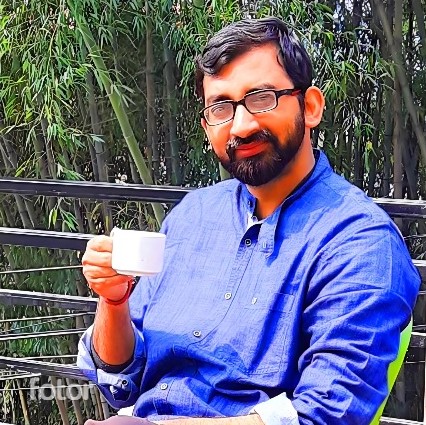
Presently working as a Research Scholar at Visva-Bharati
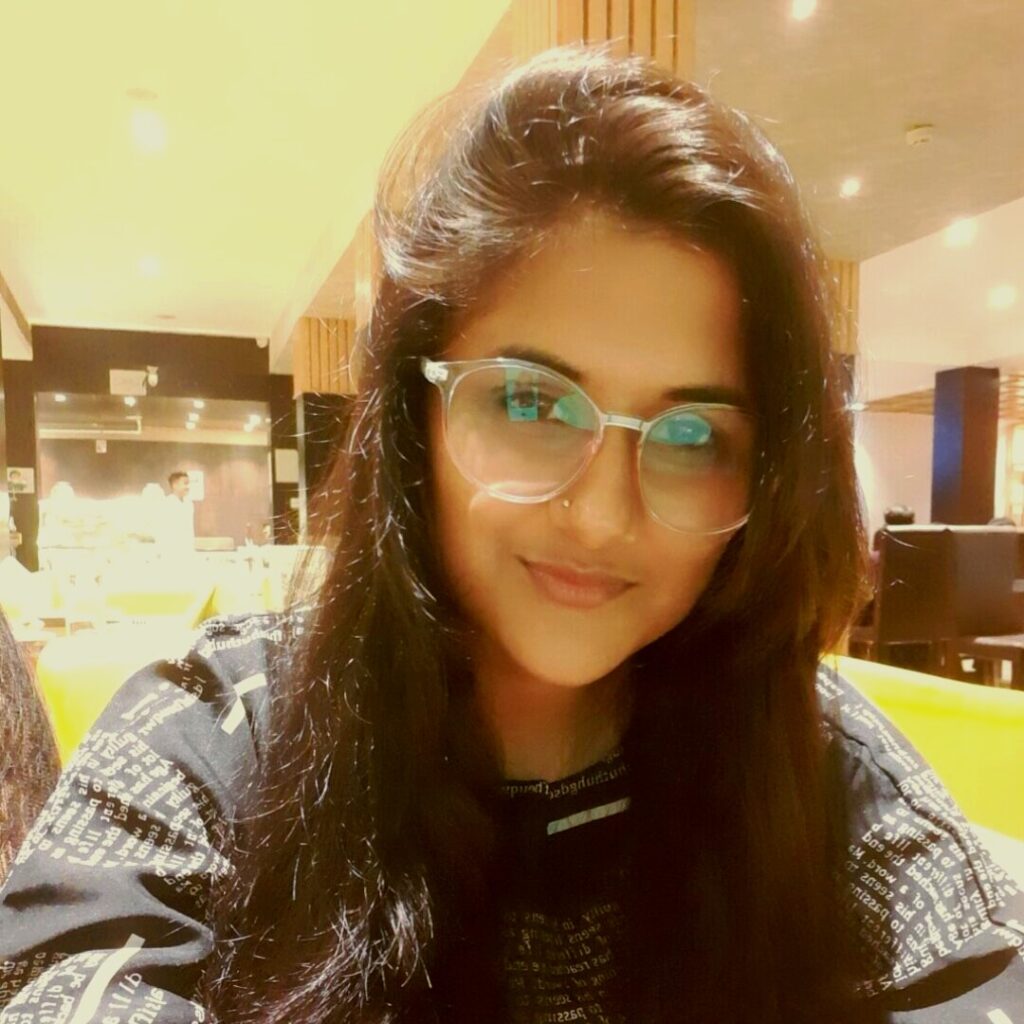
Presently working as a Research Scholar at Visva-Bharati

PhD scholar at the Department of Chemistry, Visva Bharati and SACT-I at Department of Chemistry, Gushkara Mahavidyalaya.
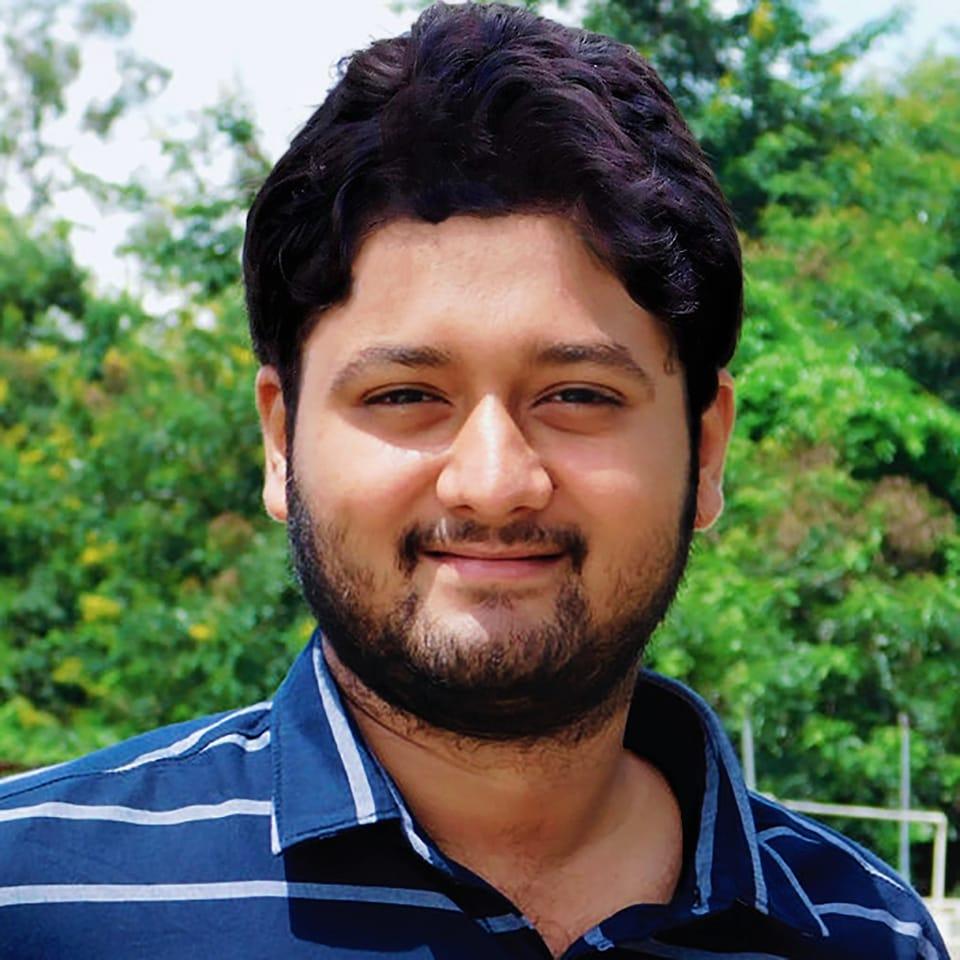
Former JSPS post-doctoral fellow
at Tohoku University, Japan.
Presently DST SERB-National Postdoctoral Fellow, CSIR-Indian Institute of Chemical Biology, Kolkata, India
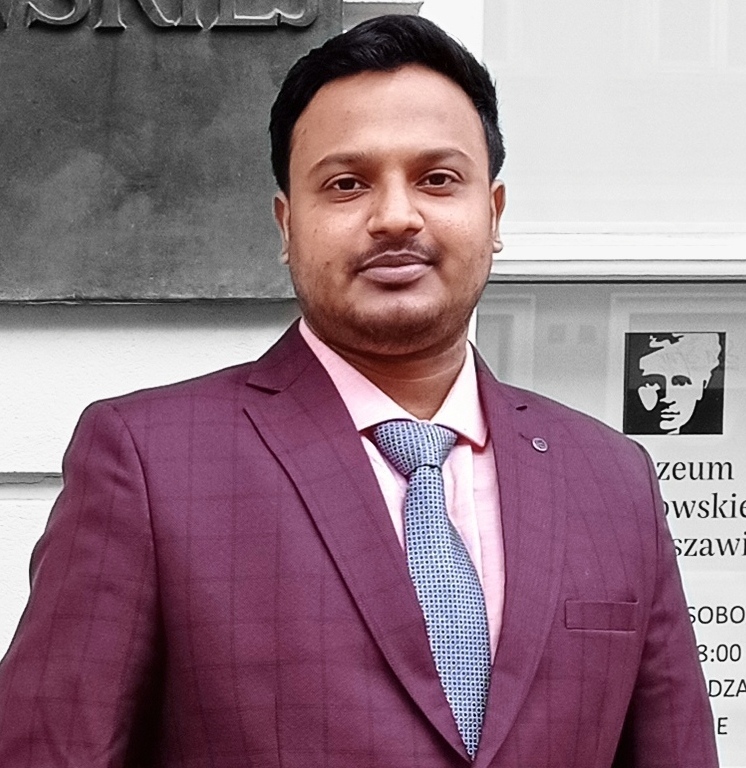
Presently Post-doctoral fellow, Faculty of
Chemistry, University of Lodz, Poland (from June, 2021)
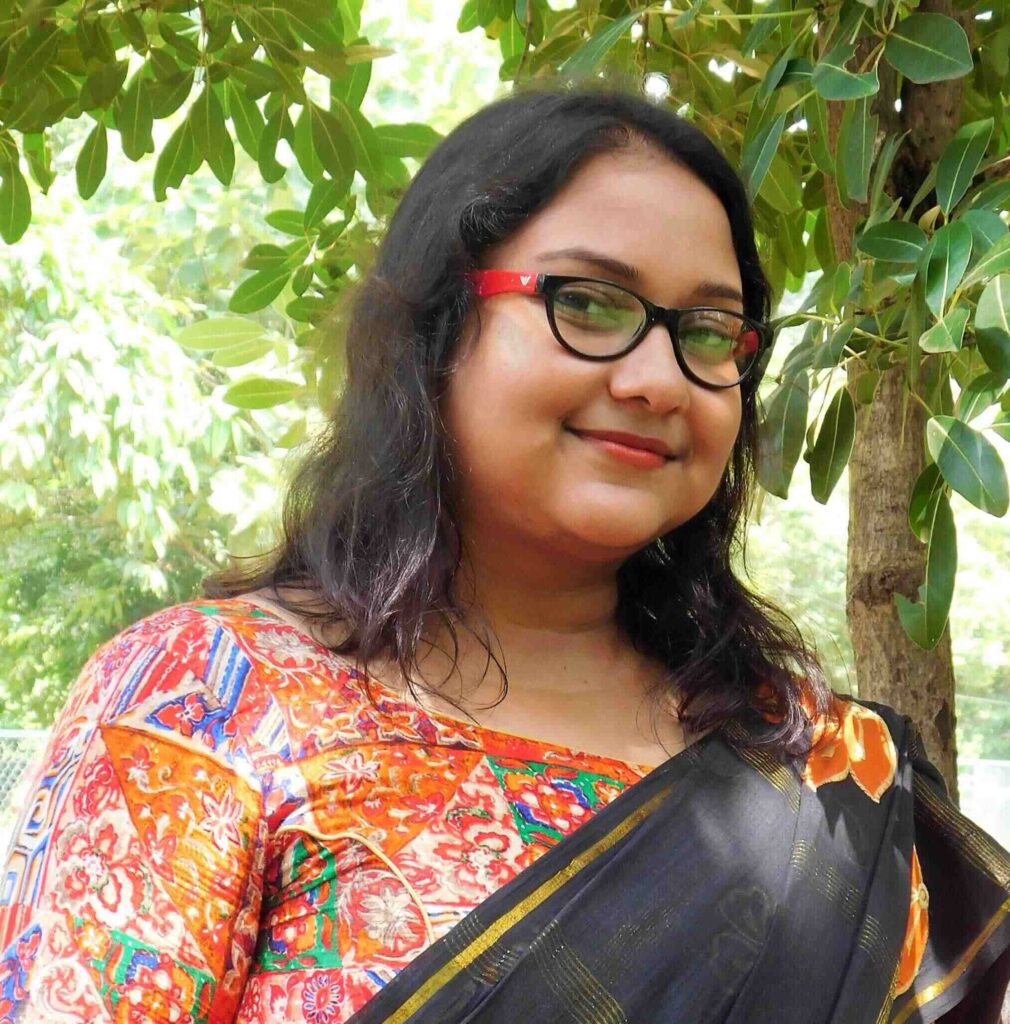
Former Science Teacher, British International School of University of Lodz, Poland (2021-22)

Lorem ipsum dolor sit amet, consectetur adipiscing elit. Quisque consequat bibendum turpis sit amet pretium. Nunc ut dui ornare, vulputate augue sed, varius velit.

Lorem ipsum dolor sit amet, consectetur adipiscing elit. Quisque consequat bibendum turpis sit amet pretium. Nunc ut dui ornare, vulputate augue sed, varius velit
Welcome to WordPress. This is your first post. Edit or delete it, then start writing!
